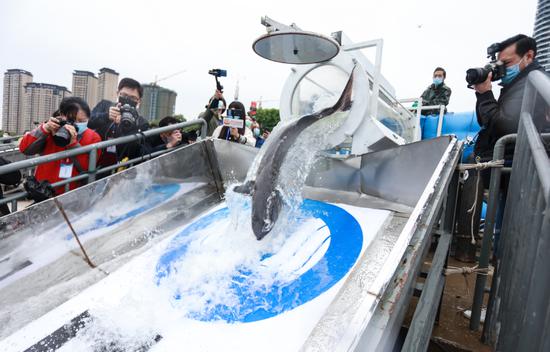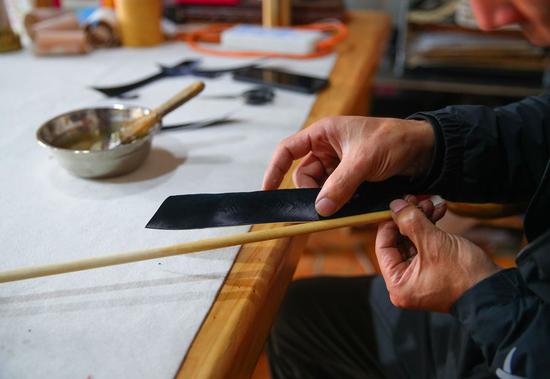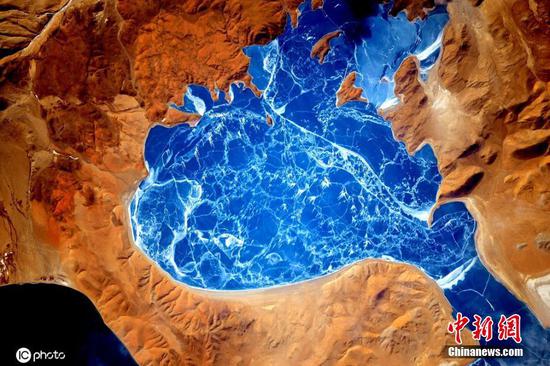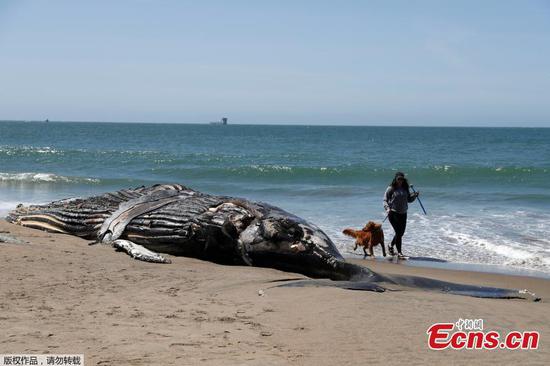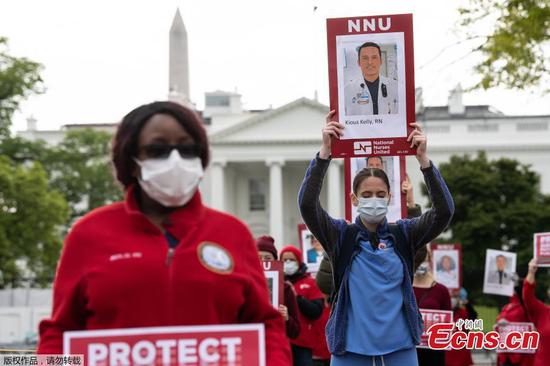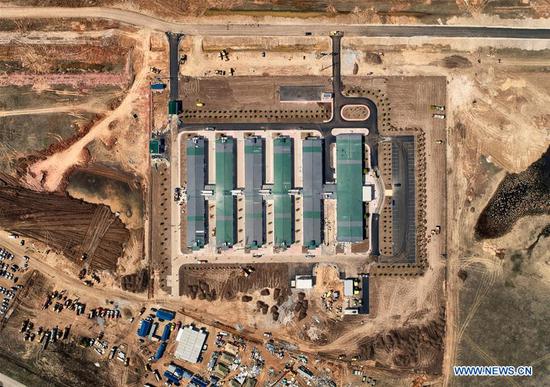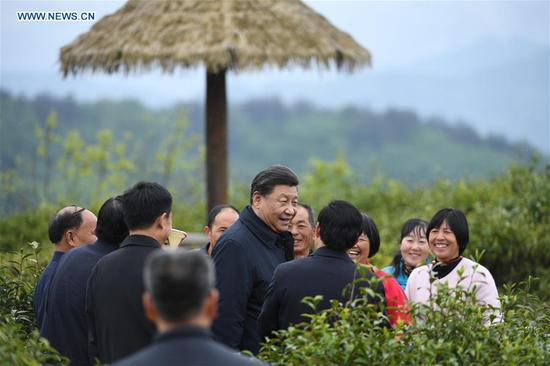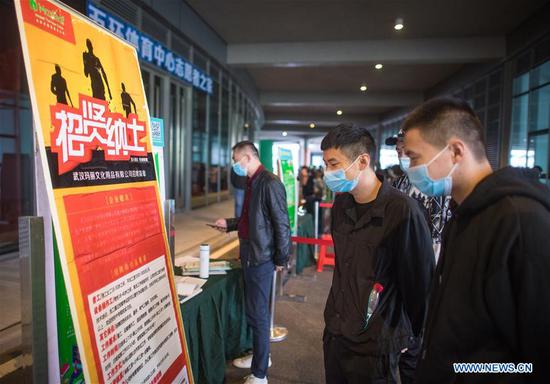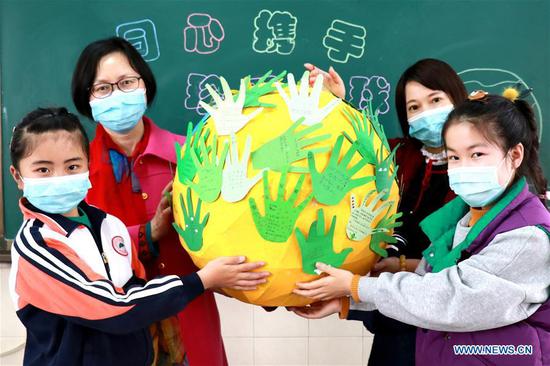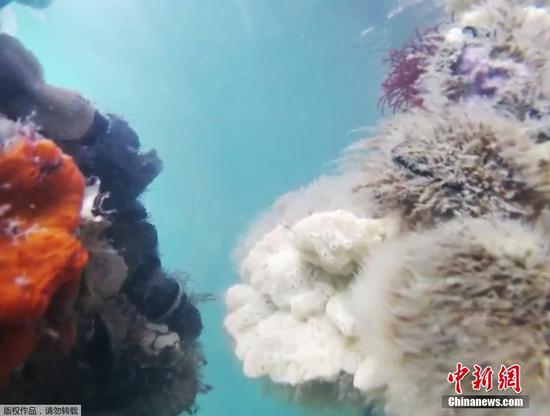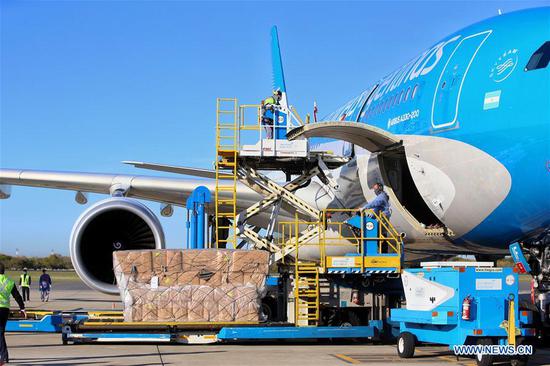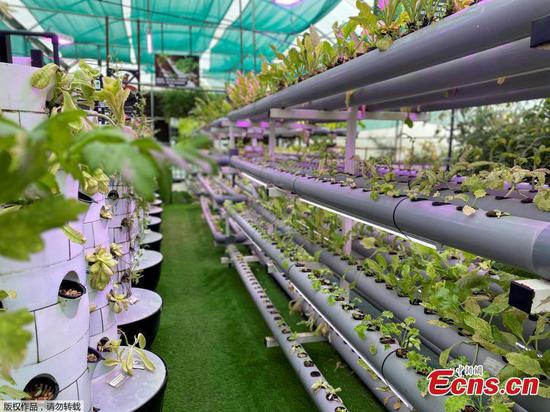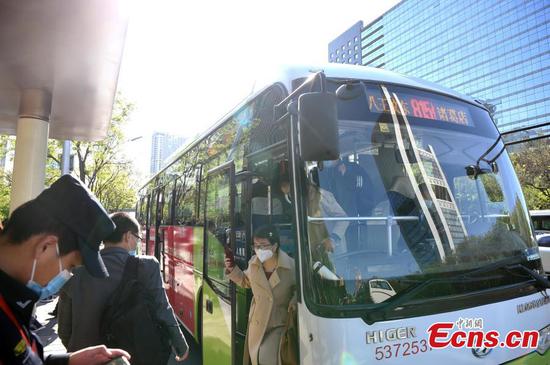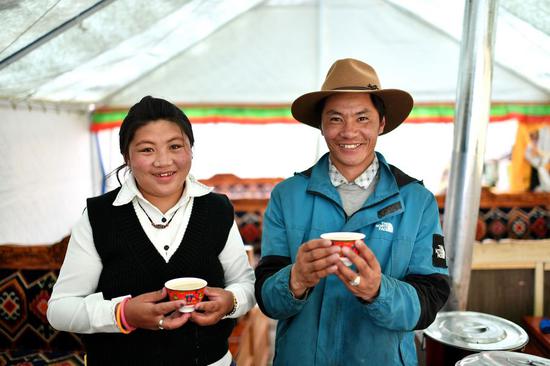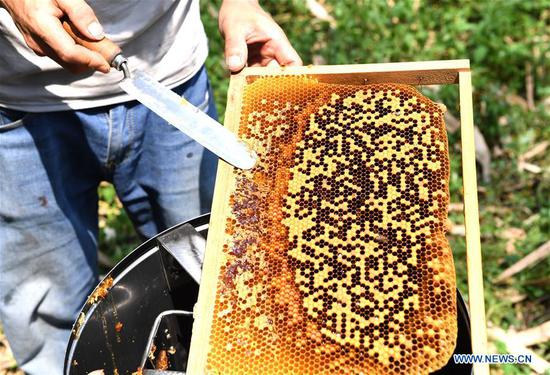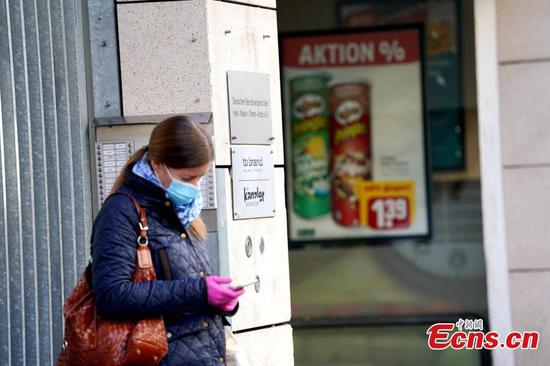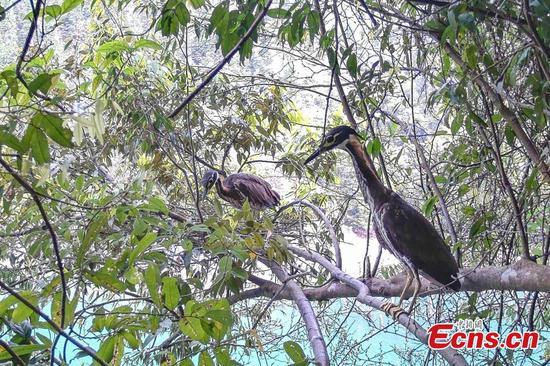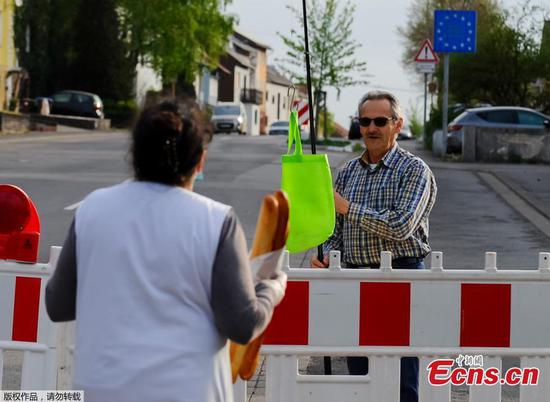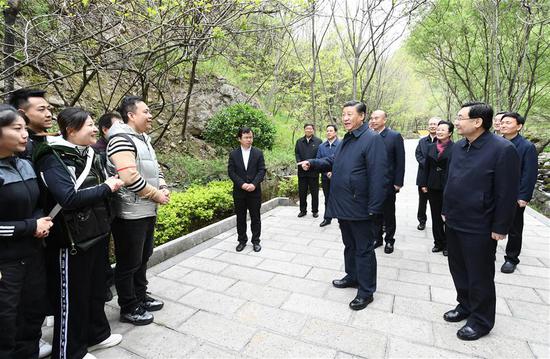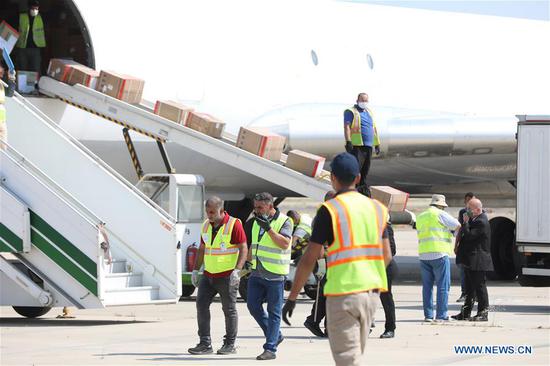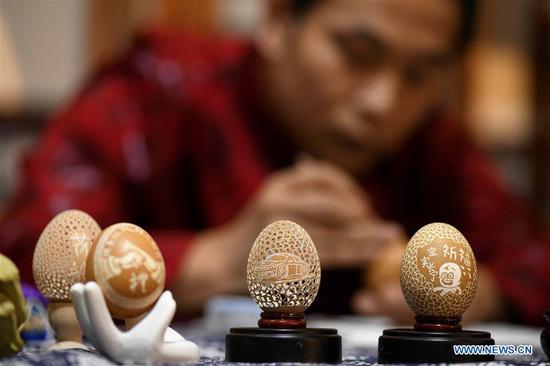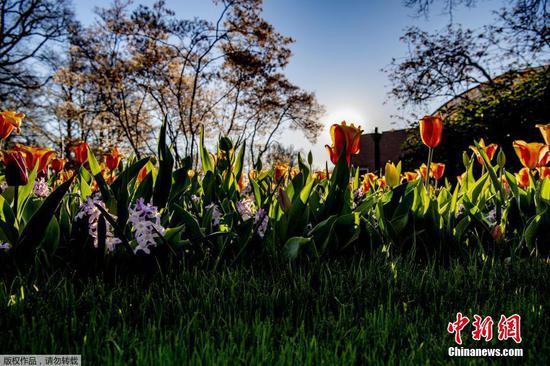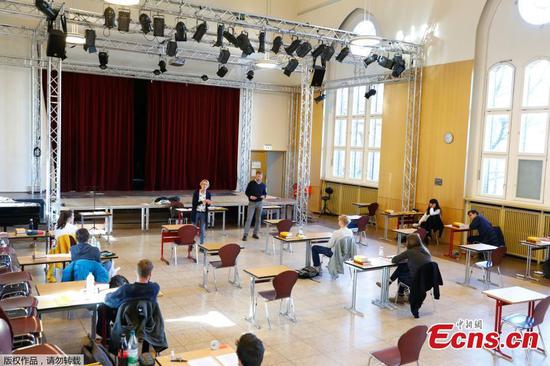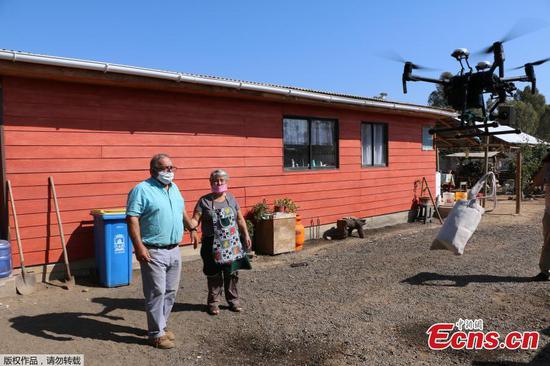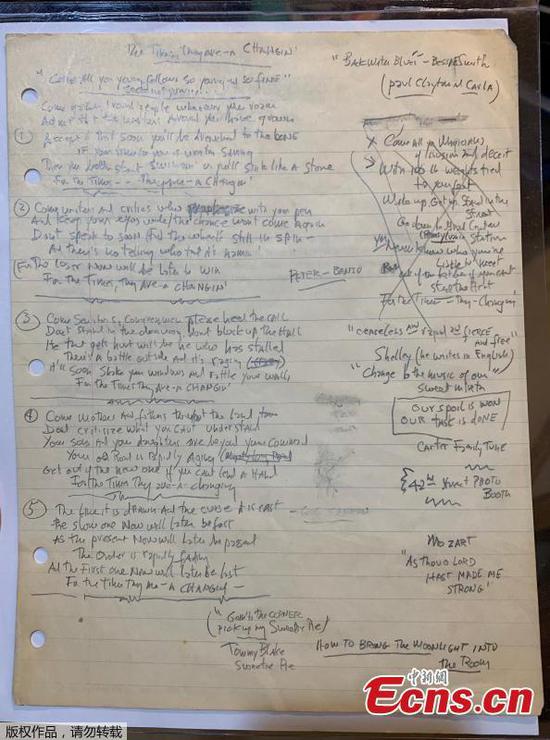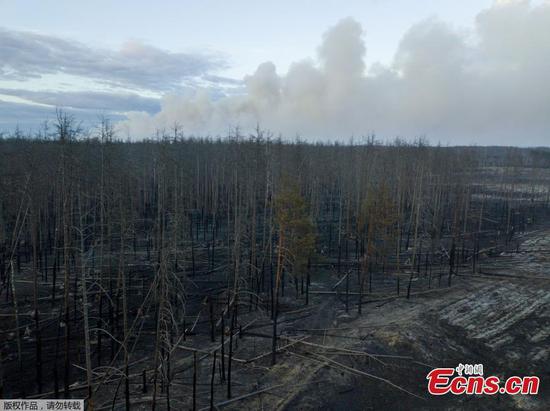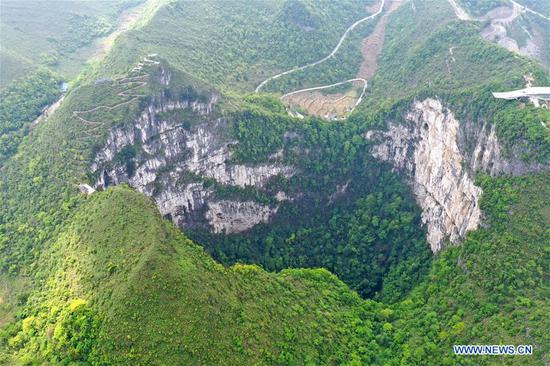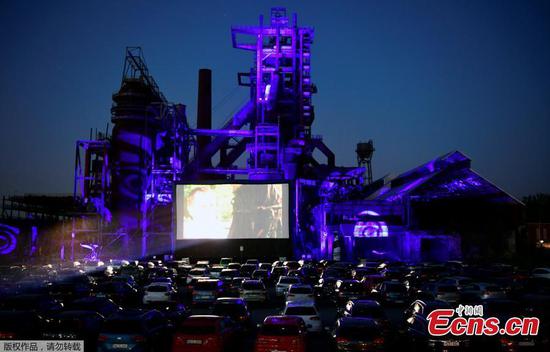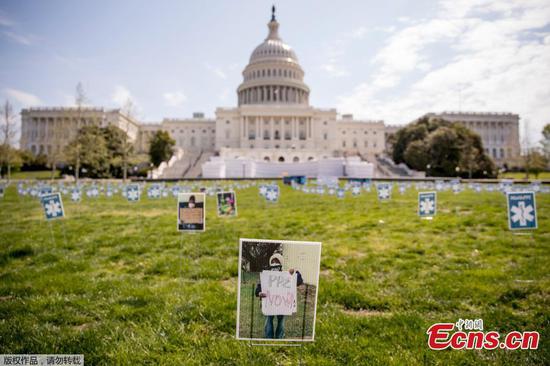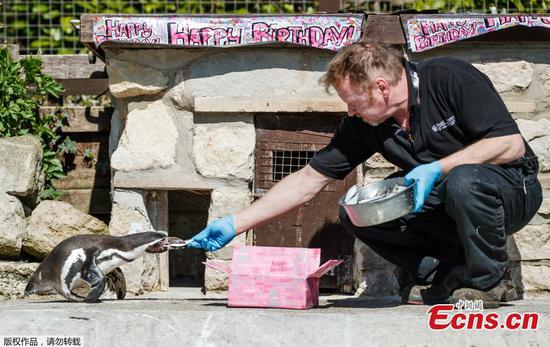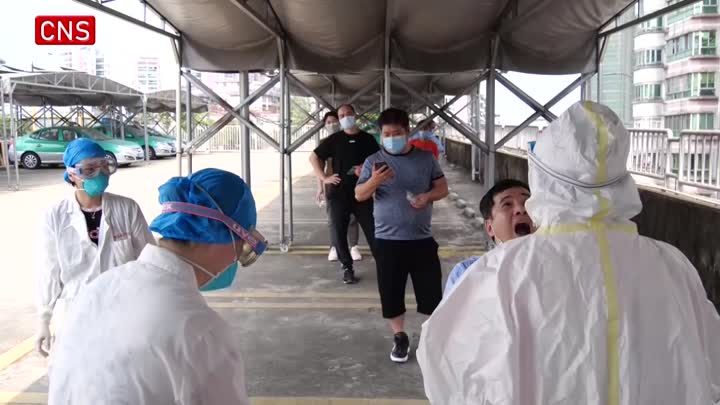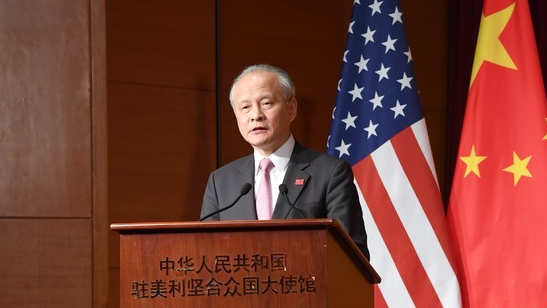
Chinese Ambassador to the U.S. Cui Tiankai (Photo/Xinhua)
Chinese Ambassador to the U.S. Cui Tiankai says China have shared everything we learned from COVID-19 with the WHO and the medical communities of other countries, including the United States.
Speaking at an event hosted by the Bloomberg New Economy Forum on Tuesday, Cui urged the public to pay more attention to the views of scientists on the COVID-19 pandemic instead of groundless accusations made by some politicians.
In recent months, Chinese President Xi Jinping has spoken over the phone with U.S. President Donald Trump in part to discuss the virus and other bilateral issues. Cui said, "The conversation is always positive, and it's instructive."
President Trump initially praised China's response to COVID-19 in a Tweet on January 24, saying: "China has been working very hard to contain the Coronavirus. The United States greatly appreciates their efforts and transparency. It will all work out well. In particular, on behalf of the American People, I want to thank President Xi."
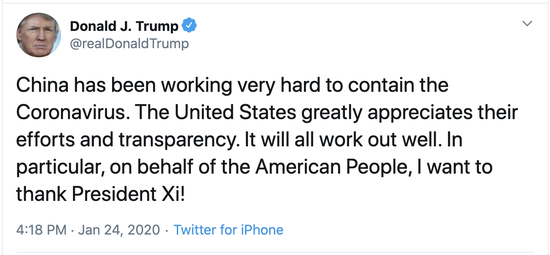
But recently, the U.S. has accused China of being responsible for the COVID-19 pandemic and said Beijing should face consequences.
Trump and senior aides have accused China of a lack of transparency in handling the coronavirus outbreak. He also suspended aid to the World Health Organization accusing it of being "China-centric."
China is lending its support to many countries in need, including the United States. "So far, China has supplied the United States with more than the 1.4 billion facial masks. And then in addition to that, there is on going communication via video conferences between the two countries including doctors, medical professionals and public health workers. It is all open and transparent," Cui said.
He added, "A few months ago, nobody knew much about this virus. Sot here was a process of discovery and learning, and we're still learning. But we're doing our best to have transparency. We are discovering. We are learning and at the same time sharing."
"The lack of transparency is not in terms of science or medical treatment, but in terms of some of the political developments, especially in the United States," he said.
"The purpose of keeping transparency is to let people know the facts and the truth based on science. But there is so little attention being paid to the views of scientists now." "Some politicians are so preoccupied in stigmatization, making groundless accusations," said Cui.
"I think you would have to really make a distinction between some of the people who are politically motivated on the one hand, and the Chinese and American people on the other hand... I think we have had a longstanding friendly relationship between the two peoples... When China first confronted this COVID-19, there was a lot of support and understanding from the American people, American business and American institutions. So I think the two nations are still helping each other. I can see a deep-rooted, friendly sentiment between the two peoples," said Cui, responding to a question about a rumor the U.S. military was responsible for bringing the coronavirus to Wuhan.
Former Australian Prime Minister Kevin Rudd, Mikko Huotari, executive director of the Mercator Institute for China Studies and Susan Shirk, chair of the 21st Century China Center School of Global Policy & Strategy also participated in the live event.
Rudd believes the best that can be hoped for is a tactical pause in U.S. China hostilities. Shirk suggested U.S. Vice President Mike Pence and Chinese Premier Li Keqiang should have regular phone calls to kick-start high-level dialogue on more coronavirus cooperation.
"We always stand for dialogue... When you have a new administration, you have a new president in the White House, you've got a new secretary of state who would want a new (policy) with their own name on it maybe. Sowe we've been trying to meet that requirement to adjust, but also to a new standard for more dialogue." Cui said.
"We need more dialogue in this room and to address the current priority, our joint efforts to confront this (pandemic) now...Business leaders and even governors from the U.S. are trying to facilitate the flow of medical supplies from China to the United States." Cui added.
Someone in attendance at the forum asked if there has ever been any fundamental trust between China and the United States since 1970s?
"We have to make our best efforts to build that trust, to improve, to have better mutual confidence. But in order to achieve that, I hope our friends in America, perhaps also in Europe, can think hard about some of the basic issues," Cui said.
"First, China has a right to develop and modernize. This right is inalienable. Number two, China has to develop and modernize its own path. And this China path is based on China's conditions rooted in Chinese cultures to meet the needs of its people. Number three, China's development is not to challenge or replace the United States in the world. This has never been our intention. And there's still such a gap in terms of economic, military and scientific power between China and United States. We are fully aware of the gap, and China's development has not been as expansive...It's clear both countries benefited from a normalized and developing China U.S. relationship."
"So it's clear if our two countries can cooperate with each other, both will benefit. If we have a confrontation, both will lose... It's much more hopeful for us to build up our mutual trust," Cui also said.










